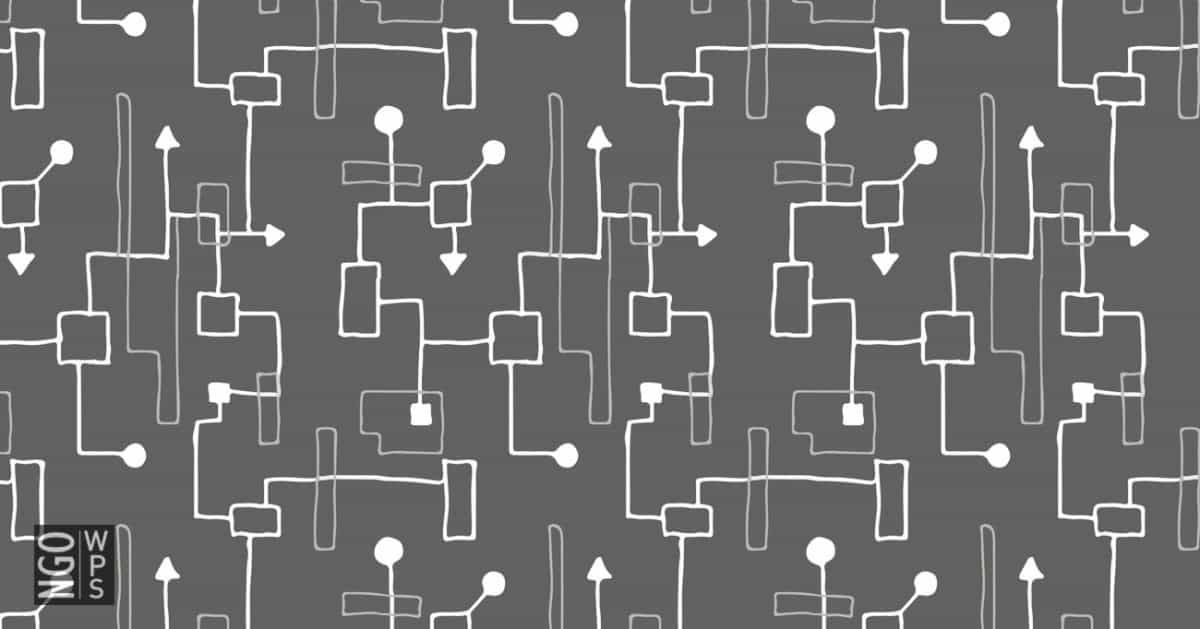Burundi
Burundi
August 2015 marked the 15th anniversary of the Arusha Peace and Reconciliation Agreement, which ended thirteen years of ethnic-based civil war in Burundi between the Tutsi minority and Hutu majority.
Recently, the security situation has deteriorated as the result of disagreement over President Pierre Nkurunziza’s bid for a third term, resulting in violent demonstrations, excessive force against protesters, an attempted coup, and arrests of civil rights leaders. Women have been active in the political unrest, and staged the first major protest against the president’s third term bid. However, violence against women operates in a culture of impunity, with women experiencing rape, torture, and enslavement.
Based on the work of NGOWG members and their partners, the NGOWG advocates for full implementation of the government gender quota of 30%, and equal and meaningful women’s participation in designing and implementing human rights protection mechanisms.
Current and Past Recommendations to the UN Security Council (Monthly Action Points)
As the Security Council discusses the situation in Burundi, it should expeditiously increase its attention to advancing high-level diplomatic efforts and necessary support for mediation as the dialogue process in the country is of high priority. Burundi faces persistent human rights violations, repression and ongoing violence characterized by impunity. Any dialogue must be accompanied with concrete actions by all stakeholders in the context of a fifth and potentially final inter-Burundi dialogue. It is imperative that the Council put contingency planning back at the center of its discussions to ensure the timely, unfettered, and appropriate protection of the civilian population. According to the UN Commission of Inquiry for Burundi, since April 2015, there is “reasonable ground to believe that crimes against humanity have been committed” (A/HRC/36/54). The Commission also confirmed the “persistence of extrajudicial executions, arbitrary arrests, and detentions, enforced disappearances, torture, and cruel inhuman or degrading treatment, and [sexual and gender-based violence (SGBV)]” (A/HRC/36/54). Women and girls are reported to be amongst the first victims of SGBV perpetrated with extreme cruelty alongside gender-based, political or ethnic hate speech. In addition, the number of individuals with acute humanitarian needs has tripled in one year (OCHA). Some of the most affected refugees are young women and girls; lack of access to education impacts opportunities to develop viable skills, resulting in increased vulnerability to exploitation and abuse. Host countries should be supported and the Council should strongly advocate against any coerced or forceful returns and for transparent Refugee Determination Status procedures.
Relevant Resources







